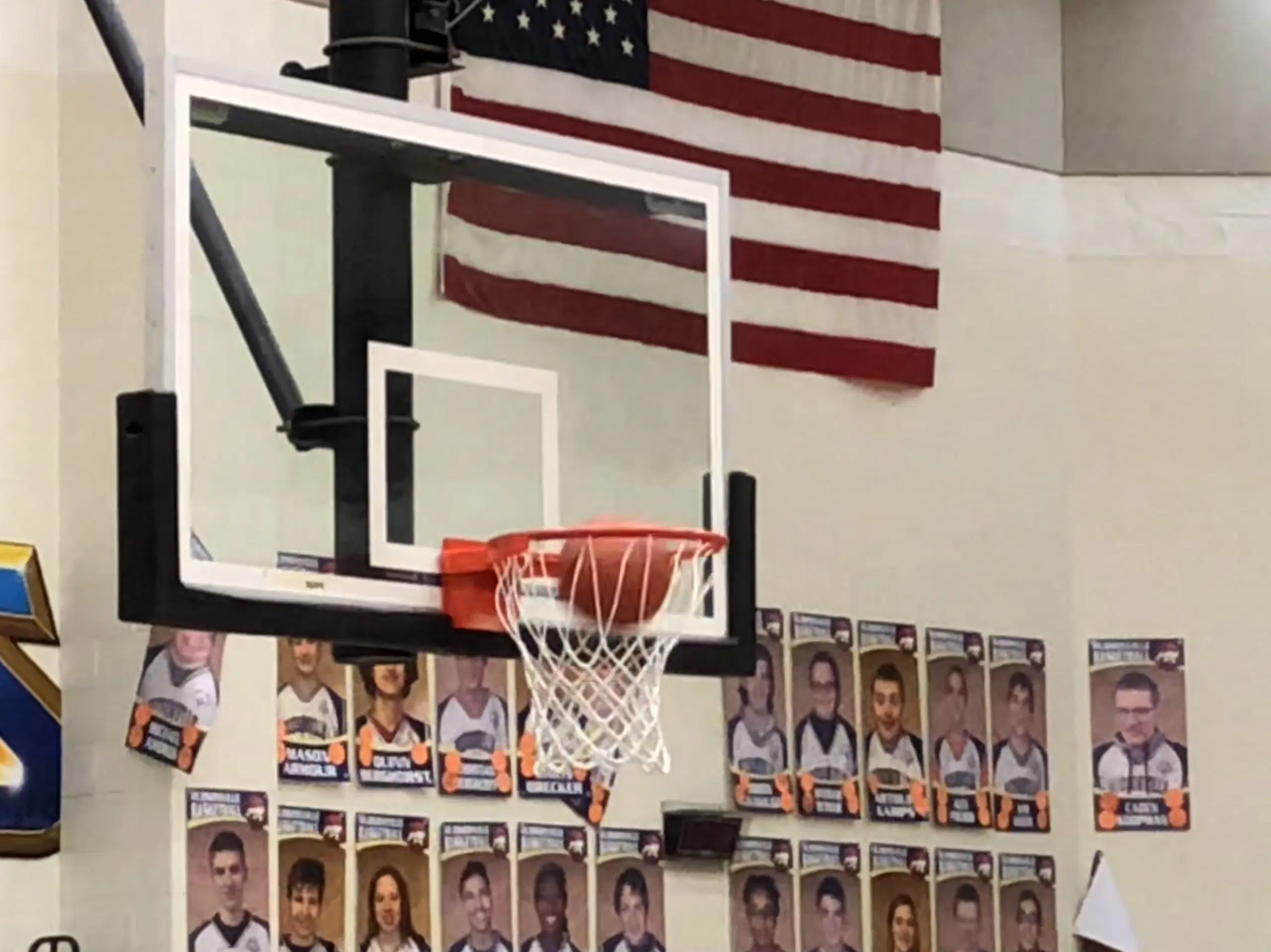By Peter Szekely
(Reuters) – The gunman behind Thursday’s mass shooting near Memphis, Tennessee, was a third-party vendor for the Kroger supermarket where he shot 15 people, and one fatally, and had no history of violence, authorities said on Friday.
The eruption of gunfire on Thursday afternoon stunned suburban Collierville, sending shoppers and employees scurrying for cover in store aisles and freezers before the shooter took his own life amid a massive police response, they said.
Authorities increased their initial count of the number of victims by two to 15, including Olivia King, a widowed mother of three grown sons, who was killed at the scene, and others who fought for their lives overnight at area hospitals.
“Thankfully, our prayers were answered,” Collierville police Chief Dale Long told a news briefing. “We didn’t lose anyone overnight. There’s still some people battling.”
The Commercial Appeal newspaper reported that three victims were in critical condition on Friday.
Lane said investigators were still gathering evidence at the store and the home and car of the shooter whom he declined to name publicly. A spokeswoman for the town, however, identified him as 29-year-old Uk Thang.
The gunman had a history of some misdemeanor arrests, “but nothing for violence or anything like that,” Lane said.
Witnesses said Thang moved through the store shooting at people with a rapidly firing rifle. Authorities said he was found dead in the back of the store with a gunshot wound that was apparently self-inflicted.
Asked what could have prompted the shooting spree, Lane said, “We’re getting a clearer picture of what’s occurred, but I’m not ready to release that yet.”
The violence was the latest in a string of deadly workplace mass shootings that have erupted in U.S. cities, claiming dozens of lives this year and leaving many wounded.
Ten people were killed in March when a gunman opened fire at a King Soopers supermarket owned by Kroger Co in Boulder, Colorado.
Lane said a mass-shooter training exercise for area first responders on June 4 may have saved lives, in part by getting medical attention to victims more quickly.
“There’s no doubt in my mind that that training served us well yesterday,” he said.
(Reporting by Peter Szekely in New York; Editing by David Gregorio)






